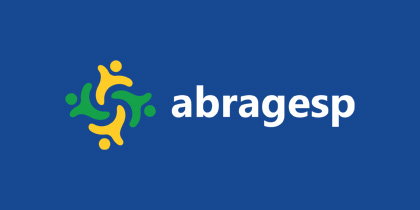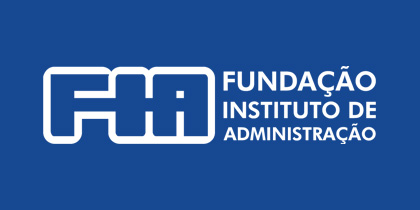Infraestrutura e acessibilidade em eventos esportivos para pessoas com deficiência física ou mobilidade reduzida
Keywords:
Accessibility, People with Disabilities, Sporting Events, InclusionAbstract
The study presents accessibility as a fundamental element to combat limiting barriers and provide inclusive experiences with autonomy, comfort, safety and respect, ensuring that every citizen feels accommodated without restrictions. Sporting events have a socializing potential, where people interact and form bonds spontaneously. Due to planning failures and lack of oversight, the absence of satisfactory accessibility is a national reality, where managers rely only on common sense to promote the event or base their actions on non-formalized guides or models not supported by law. The general objective is to examine accessibility for people with physical disabilities and/or reduced mobility at Brazilian sporting events. The specific objectives are to assess the perceptions of different audiences about the accessibility of sporting events in Brazil and to identify relevant and fundamental aspects of the topic for the development of the accessibility field. As a methodology, a review was conducted on the topic using articles and scientific papers in Portuguese, Spanish and English from the last 4 years, with the descriptors: accessibility; people with disabilities; sporting events. The research is applied and exploratory, conducted through a questionnaire and interviews. The interview sample consisted of 8 respondents selected for convenience. The questionnaire, built in Google Forms, was validated by a jury of 4 academic references in the field of Physical Education and/or people with disabilities and reduced mobility, and by a pre-test. Dissemination was done via WhatsApp groups and the snowball method was used to gain scale and geographic reach, achieving 112 responses. Content analysis was used for the interviews with the proposition of categories made a posteriori. Descriptive statistical analysis was performed on the quantitative data from the questionnaire. The main results indicate that 80.7% of respondents believe that the sporting events experienced in Brazil are not fully accessible. Among the respondents with disabilities, 100% said they attend sporting events participating in various ways and the most indicated was as sports practitioners (69.2%) and as spectators (53.8%). As final considerations, it is hoped that sporting event managers, engineers and architects in the sports equipment sector will pay attention to accessibility guidelines and contribute to the effective inclusion of people with disabilities and reduced mobility. For those not directly related to the topic, it is believed that they may feel sensitized to learn more about this reality, reflecting on the need for inclusion and contributing to their surroundings with appropriate attitudinal behavior. For greater participation of the audience that requires accessibility in considered accessible events, managers of these events need to invest in dissemination with an assertive marketing strategy. As a suggestion for sporting event managers, the development of a specific electronic application with a national registry of sporting events is recommended. To guide and disseminate knowledge on the topic and the concept of universal design, the creation of formalized and legally supported guides and models is necessary, pointing out the technical standards to be followed to ensure accessibility in sporting events.







